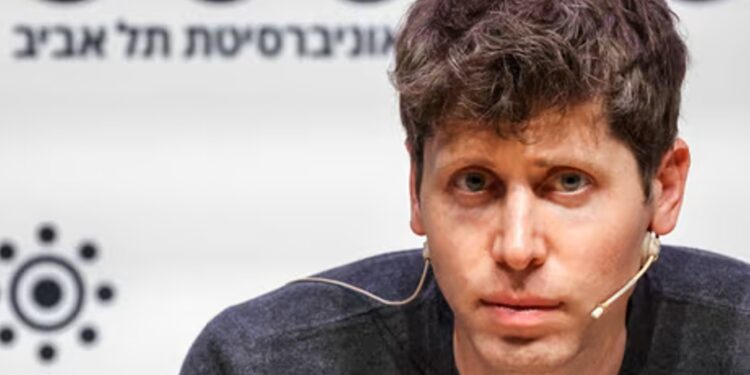OpenAI CEO Sam Altman is at it again, predicting this time that in six years an AI “will be better than the average human at continuous work, that works 24/7, 52 weeks a year.”
That’s the claim of the Phillips-featured essay, “The Gentle Singularity,” which asserts a swift leap in AI that goes beyond pattern matching or data summarization, and points toward a future where AI can write genuinely new knowledge and hypotheses.
Altman’s vision places A.I. not only as a tool, but as a “discoverer,” capable of original thought that might upend fields from drug discovery to material science. He believes that recent developments by OpenAI, with models such as o3 and o4-mini are stepping stones toward that huge leap.
He says it would be the age when AI would be suggesting non-trivial answers to complex business problems and scientific progress would be moving at the speed of light.
This auspicious prediction, however, has been met with widespread skepticism by AI’s top practitioners. Critics say that existing AI models simply lack the raw capability for real novelty and gut instinct. According to Thomas Wolf, Chief Science Officer at Hugging Face, today’s AI models don’t have the capacity to ask the deep, penetrating questions that are prerequisites for true scientific innovation.
Similarly, former OpenAI research lead Kenneth Stanley, who now leads Lila Sciences, stresses that to generate new hypotheses, models have to understand what humans think is “creative” or “interesting” , a problem that transcends mere computational power.
It’s an important distinction. The discussion illustrates a fundamental dividing line: while AI is great at turning the crank on massive amounts of data and figuring out patterns, real “novel insight” often requires human-like judgment, creativity, and knowing what the right questions are to even ask.
But as tech giants including Google DeepMind and Anthropic continue to pursue similar breakthroughs, the scientific community is wary, cautioning that the road to real AI-powered discovery is strewn with thorny problems that go well beyond technological progress. Whether we will have to wait until 2026 for Altman’s prediction to be realized in the way he imagines is something that is being very closely watching and studying.










![Online Scam Cases Continue to Rise Despite Crackdowns on Foreign Fraud Networks [Myanmar] Online Scam Cases Continue to Rise Despite Crackdowns on Foreign Fraud Networks [Myanmar]](https://sumtrix.com/wp-content/uploads/2025/06/30-12-120x86.jpg)




